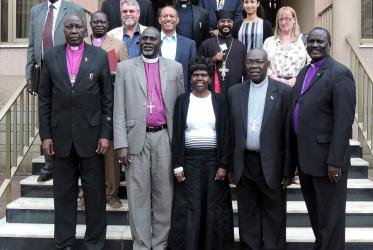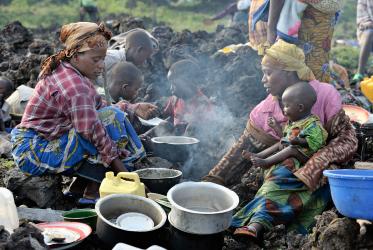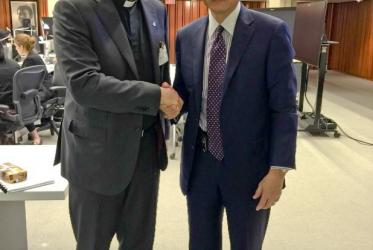Displaying 121 - 139 of 139
17 July 2016
AIDS 2016: “Stigma kills more people than HIV”
17 July 2016
Tveit on the “Ten Commandments” of food
26 January 2016
New video presents Ecumenical Advocacy Alliance’s call to action
13 January 2016
Consultation considers right to food in context of climate change
15 December 2015
COP21: how climate change affects access to our daily bread
09 December 2015
Faith leaders urge action at UN climate talks
02 December 2015
No place for hunger in a world of abundance
02 October 2015
















